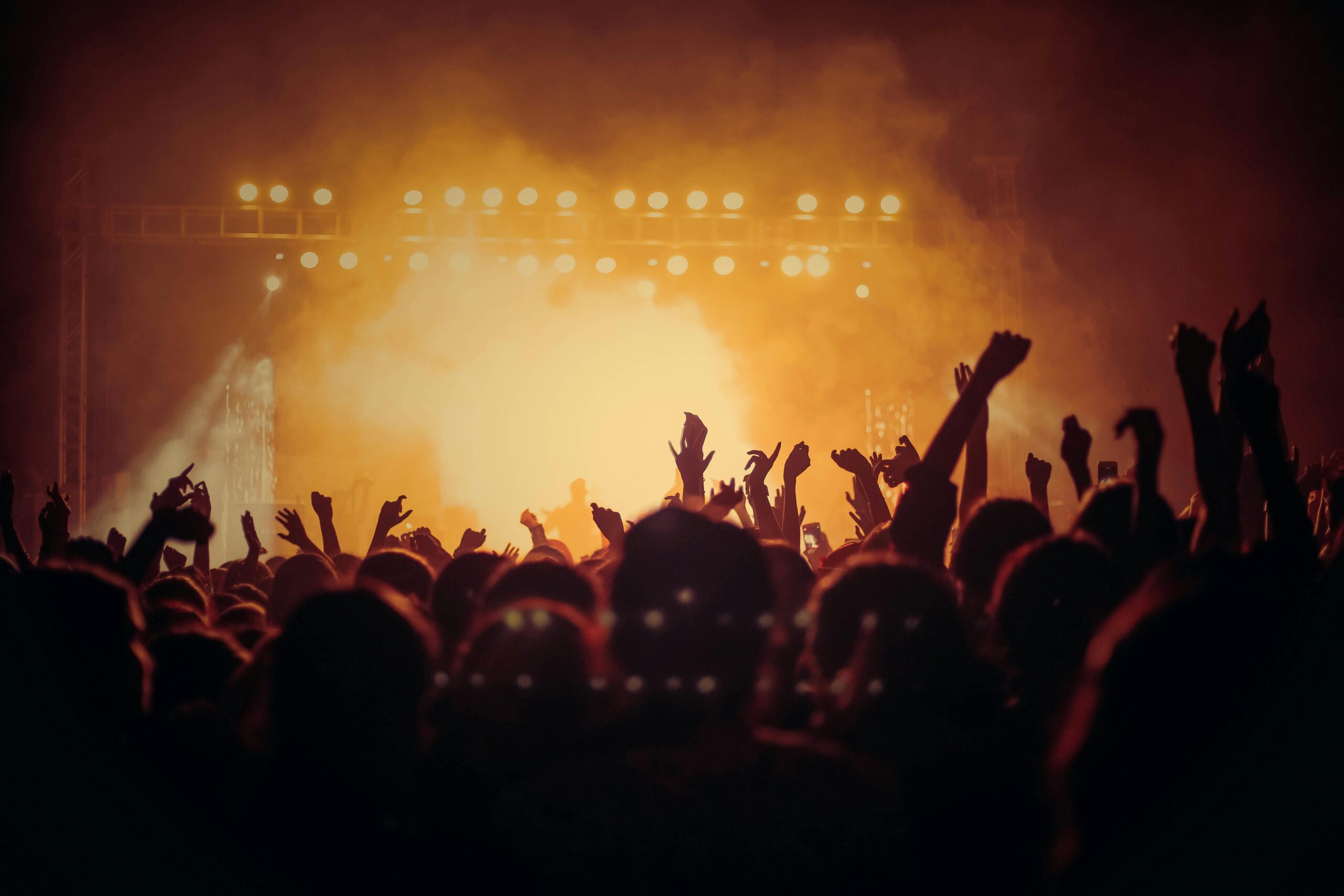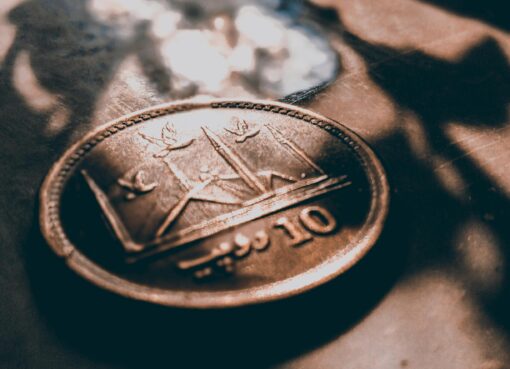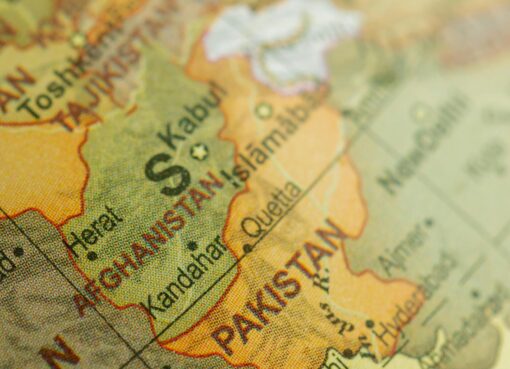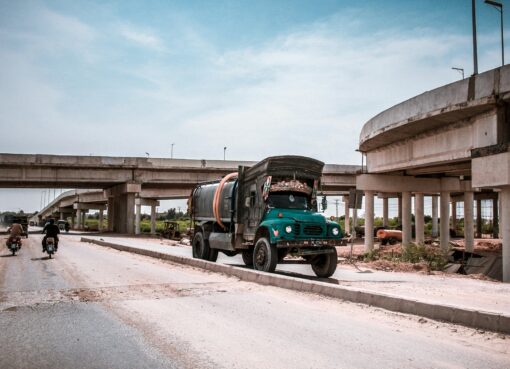The Evolution of Modern Music in Pakistan: A Journey Through Sound

As a fellow Pakistani, I’m excited to dive into a topic that’s close to our hearts—modern music in Pakistan. From the soulful ghazals of Mehdi Hassan to the contemporary beats of Coke Studio, our music scene has undergone a phenomenal transformation. Let’s take a journey through the soundscapes of modern Pakistan and see how our music has evolved, shaped by cultural influences, technology, and the sheer creativity of our artists.
A Blend of Tradition and Modernity
In Pakistan, music has always been a rich tapestry of sounds. Our traditional music, whether it’s the qawwalis of Nusrat Fateh Ali Khan or the folk songs from Punjab, Sindh, Balochistan, and Khyber Pakhtunkhwa, has been the backbone of our musical heritage. But what’s truly fascinating is how our modern musicians have managed to blend these traditional elements with contemporary genres like pop, rock, and electronic music.
Take for instance, Coke Studio. It’s a perfect example of how we’ve taken our classical roots and fused them with modern sounds to create something entirely unique. Listening to Abida Parveen’s powerful voice paired with electric guitars or traditional dhols with synths gives me goosebumps every time. It’s this blend of the old and the new that makes our music so special.
The Rise of Indie Music
Over the past decade, we’ve seen an explosion of indie music in Pakistan. With the advent of the internet and social media, young artists no longer need to rely on big record labels to get their music out there. Platforms like YouTube, Patari, and Spotify have given them the freedom to share their music directly with us—the audience.
Artists like Abdullah Siddiqui, Natasha Noorani, and Sikandar Ka Mandar are just a few names that have made waves in the indie scene. They’re experimenting with different genres, from electronic and synth-pop to alternative rock, bringing a fresh and vibrant energy to Pakistani music. And let’s be honest, there’s nothing like discovering a new song from a homegrown artist that just hits the right notes.
Music Festivals: A New Wave
Another exciting development in modern Pakistani music is the rise of music festivals. Events like Lahooti Melo, Solis Festival, and Lahore Music Meet are not just about enjoying live music; they’re about celebrating the diversity and creativity of our musicians. These festivals have become platforms for both established and emerging artists to showcase their talent, and for us to come together and experience the magic of live music.
I remember attending Lahore Music Meet last year and being blown away by the sheer talent on display. It wasn’t just about the headliners—every artist brought something unique to the stage, whether it was a fusion of classical and jazz or a rap performance that had the crowd going wild. These festivals are helping to shape the future of our music scene, making it more inclusive and diverse.
The Global Influence
Let’s not forget the global influence on modern Pakistani music. With artists like Arooj Aftab making waves internationally, we’re seeing how our music is resonating with audiences beyond our borders. Arooj’s Grammy win was a proud moment for all of us, showing that Pakistani music has the power to move people worldwide.
At the same time, we’re also embracing global sounds. Whether it’s EDM, hip-hop, or R&B, our artists are not afraid to experiment with these genres, blending them with local influences to create something that’s uniquely Pakistani yet globally appealing. It’s this fusion of sounds that’s putting Pakistan on the global music map.
The Future of Pakistani Music
So, where do we go from here? The future of Pakistani music looks incredibly bright. With more platforms, more opportunities, and more artists willing to push the boundaries, I’m confident that we’re only going to see more innovation and creativity in our music.
What excites me the most is the potential for collaboration. Imagine a project where traditional musicians from Hunza collaborate with electronic artists from Karachi. Or a rap cypher that brings together artists from different parts of the country, each bringing their own flavor to the mix. The possibilities are endless, and I can’t wait to see what the future holds.
In Conclusion
Modern music in Pakistan is a reflection of who we are—a nation with a rich cultural heritage, but one that’s not afraid to embrace the new and the different. It’s a journey of discovery, experimentation, and above all, passion. Whether you’re into the soulful melodies of Sufi music or the energetic beats of indie rock, there’s something in our music for everyone.
As we continue to evolve and grow, one thing is certain—our music will always be a powerful expression of our identity. So let’s keep listening, keep supporting our artists, and keep celebrating the incredible diversity of modern Pakistani music. After all, it’s our music that brings us together, no matter where we are in the world.



Leave a Comment